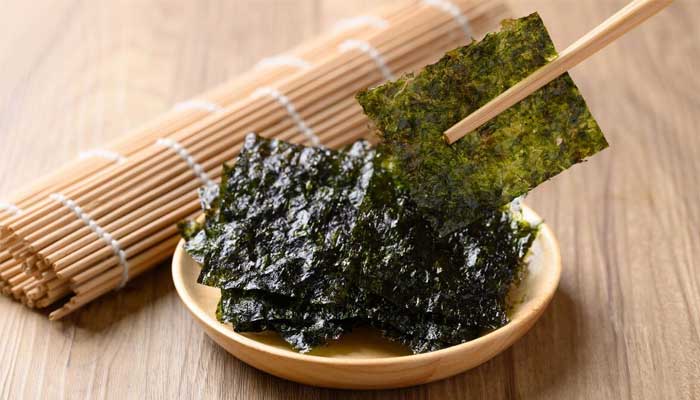
A recent study published in 2024 suggests that consuming the seaweed Ecklonia cava may help prevent or slow down Parkinson's disease.
Researchers found that antioxidants present in the seaweed protected neurons from free radicals, which can cause the debilitating disease.
Parkinson's disease affects the nervous system, causing symptoms like shaking, stiffness, and difficulty moving.
While there is no cure yet, dietary antioxidants have been linked to prevention. Previous studies have found that antioxidants like resveratrol, ellagic acid, and α-lipoic acid may protect dopamine-producing neurons in the brain.
In the latest study, Japanese researchers induced Parkinson's disease in mice using a pesticide and then fed some with antioxidants from Ecklonia cava.
The results showed that the neurons producing dopamine in the brain were protected, and the mice had fewer Parkinson's symptoms.
The study's lead author, Dr. Marine Krzisch, said, "Our findings suggest that Ecklonia cava may be a useful addition to a healthy diet in preventing or slowing down Parkinson's disease."
However, Dr. Krzisch also noted that more research is needed to confirm the efficacy of Ecklonia cava in human beings.















